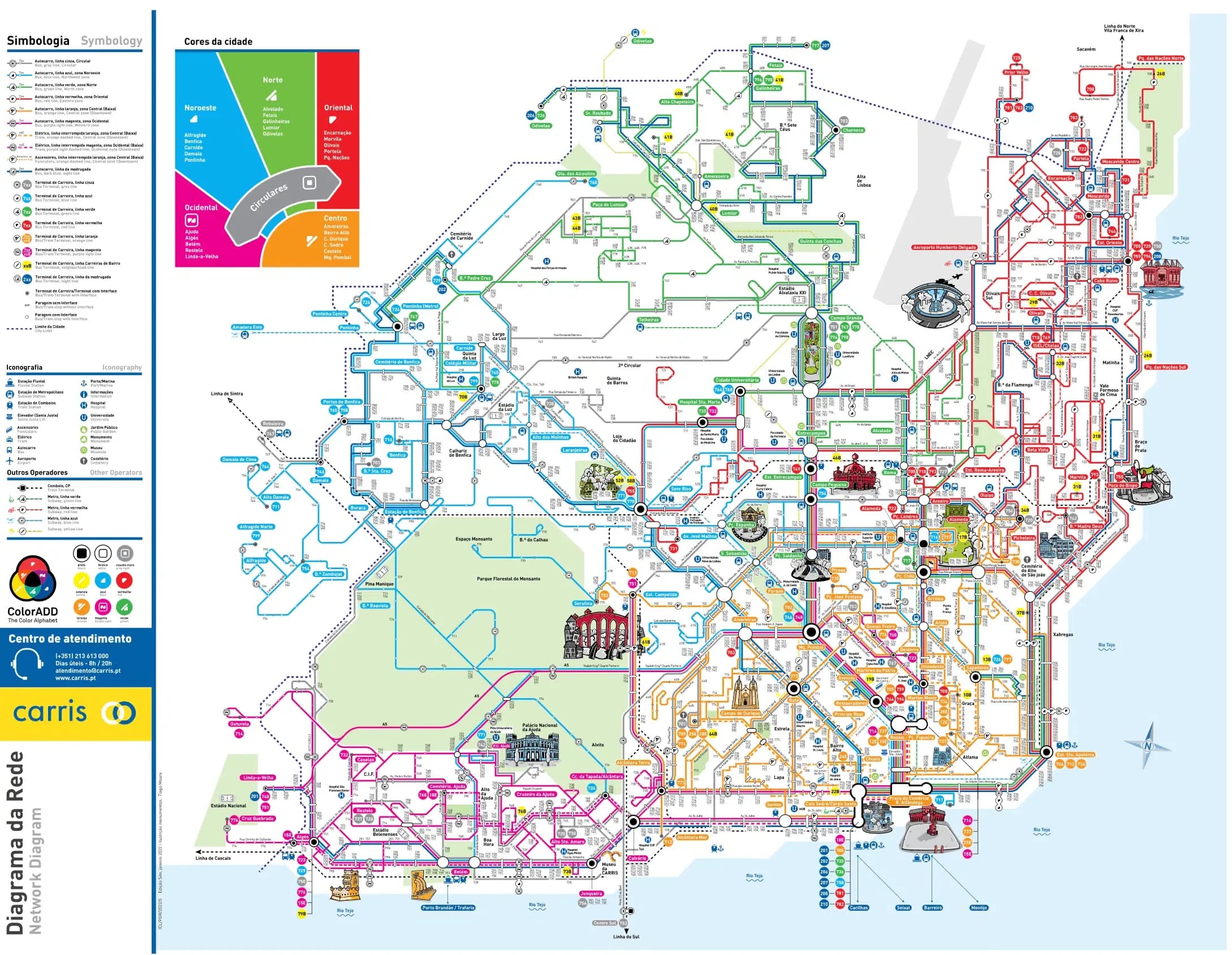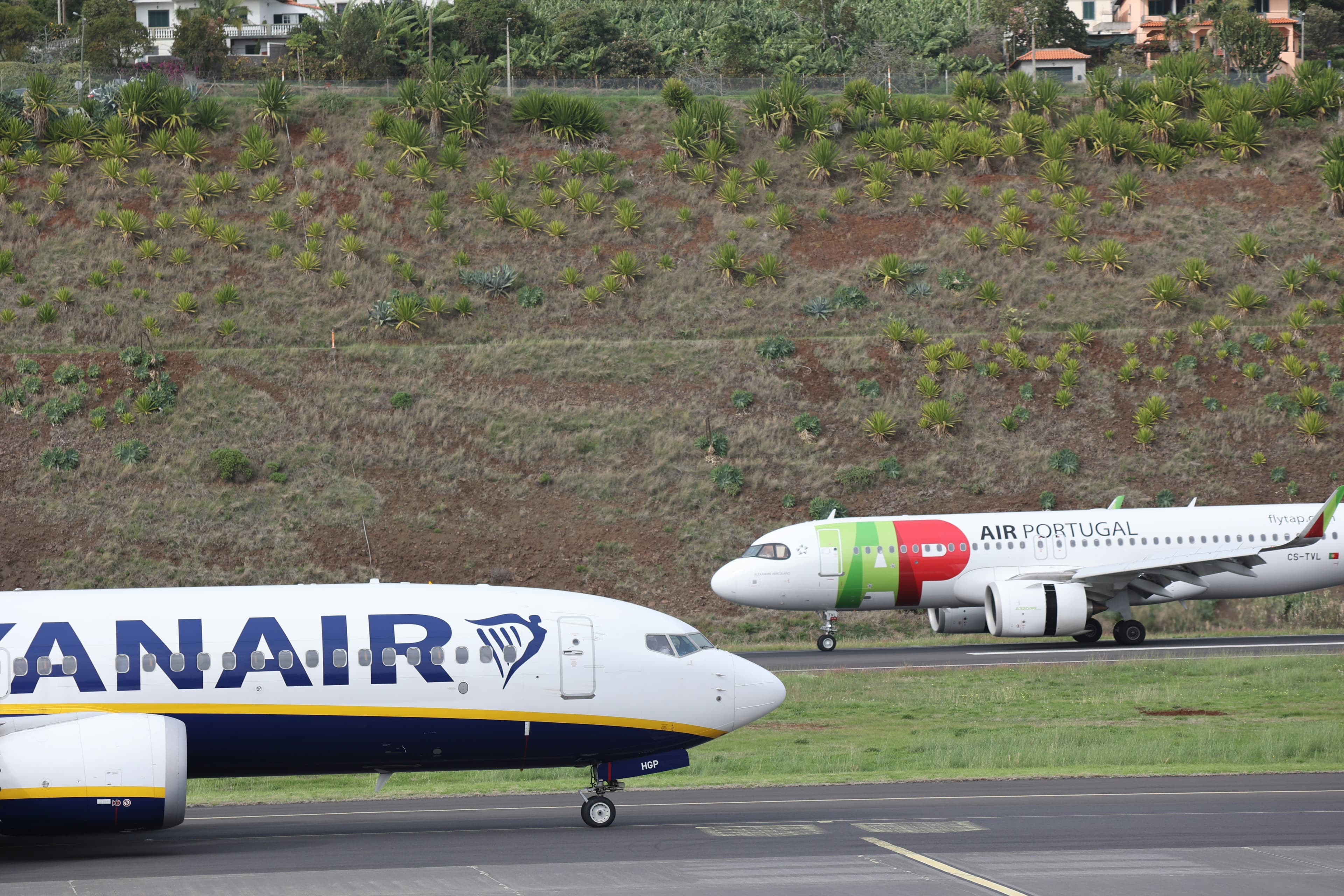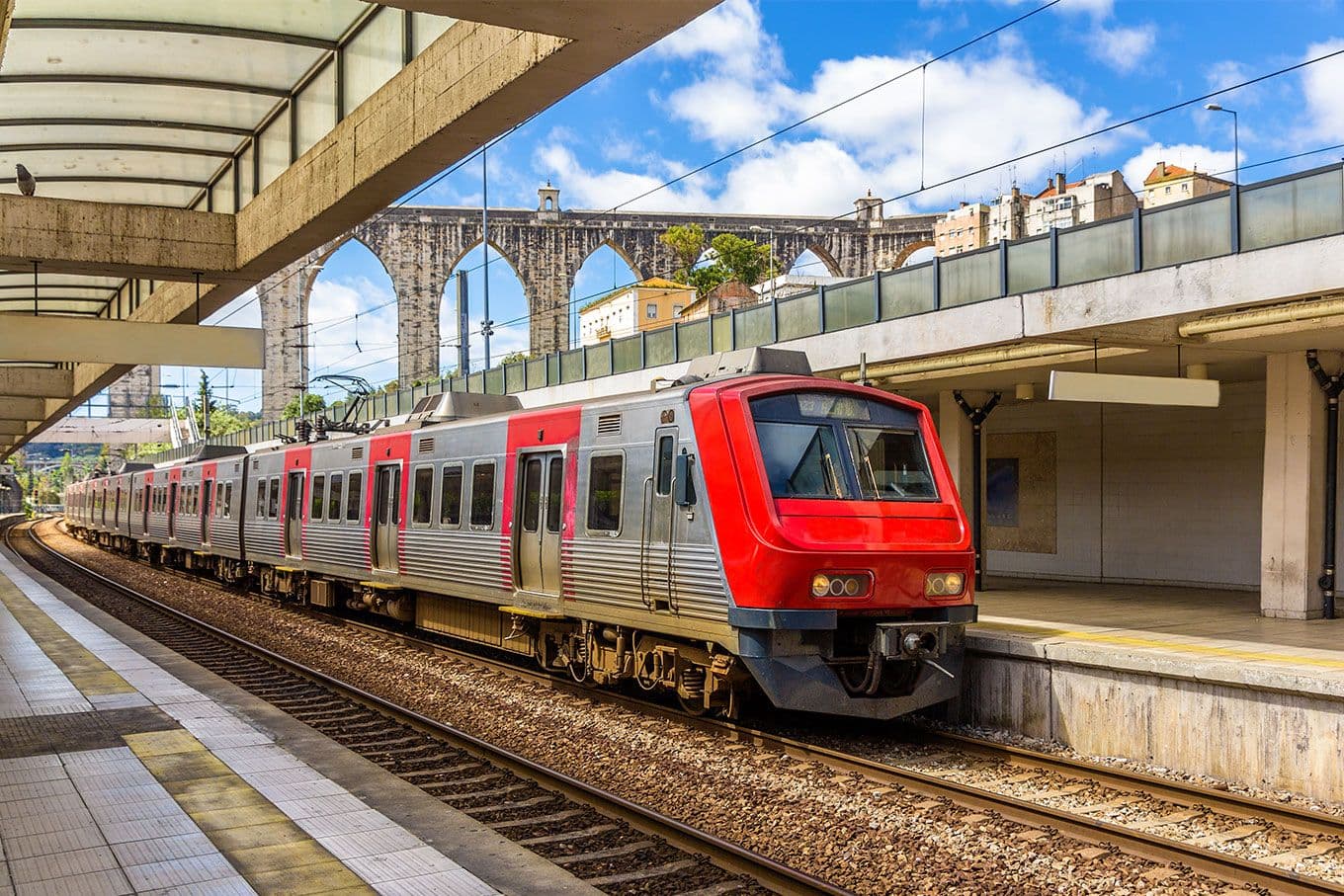
Ah, Tram 28… that little yellow tram winding its way through Lisbon’s narrow streets, wooden cabin, squeaky brakes, sharp turns… I’m pretty sure you’ve already seen it (at least in a photo!). But here’s the real question : is it truly a must-do, or just another tourist cliché to tick off before moving on ? Let’s talk about it, the highlights, the “watch out” moments, and how to really make the most of it.
A historic and charming ride
Tram 28 isn’t just public transport, it’s a time machine that creaks and sways through Lisbon’s hilly streets. These beautiful “Remodelado” trams from the 1930s have survived generations of Lisboetas and still squeeze through the narrow alleys of Alfama, Graça and Baixa with old-school charm that no metro can compete with. Hop aboard and suddenly you’re gliding between past and present, cobblestones and poetry (okay, with a few bumps here and there, but that’s all part of the fun, hold on tight !).

© daniil-korbut
A route you won’t experience any other way
Let’s be honest: no sightseeing bus will give you this ! Tram 28 is the perfect summary of Lisbon in one line. It runs from Martim Moniz to Campo de Ourique, passing through Alfama, Chiado, Estrela… basically ticking every box on the “Lisbon classics” list. You hop on, look out the window, and voilà ! Colorful facades, azulejos, steep hills, and viewpoints roll by like a movie you never want to end.
A Lisbon icon
Let’s face it, we’ve all seen it on postcards or Instagram. That little yellow tram is the Lisbon cliché… but one we totally love! Hopping on board feels like saying, “That’s it, I’ve arrived.” It’s a ritual, a must-do, almost a declaration of love to the city itself.
But (and yes, there’s a but)
Sure, it’s charming, but it’s also popular! Really popular. Meaning: there’s usually a queue by 8 a.m., and inside it’s full-on sardine can vibes (which, to be fair, is pretty Portuguese so you’re staying on theme !). If you were dreaming of a peaceful ride with panoramic views, you might want to go early or late ; otherwise, you’ll mostly be admiring… the back of someone’s head.
Let’s be real : most people on board aren’t commuting to work. They’re there for “the Tram 28 experience,” camera (or phone) in hand. And while that’s totally fine, it does take away a bit of the authentic feel. If you were hoping for a real local commute, you’ll have to look elsewhere (or hop on at 6 a.m. but come on, you’re on vacation, sleep in a little !).
Pickpockets : the stealthy passengers
Here’s the flip side of being famous : where there are crowds, there are opportunists. No need to panic, but do keep your bag closed, your phone in front of you, and skip the back pocket. Lisbon is generally very safe, but Tram 28 is kind of their playground… so stay alert.
Still a mode of transport (just not an express one)
Last but not least: Tram 28 is an old tram. It stops frequently, moves slowly, climbs hills bravely (but not quickly), and weaves between cars more gracefully than efficiently. In short, if you’re in a rush, this isn’t for you. Tram 28 is meant to be savored, not rushed.
Basically, it’s a bit like a cult movie, everyone talks about it, everyone wants to see it, but timing is everything if you want to truly enjoy it.
How to enjoy it “the right way” (without falling into the trap)
- Hop on early in the morning (before 9 a.m.) or in the evening to avoid the crowds.
- Start at one of the termini : Martim Moniz or Campo de Ourique, to maximize your chances of getting that coveted window seat.
- Pay with a Viva Viagem card or use the Lisboa Card, it’s easier and usually cheaper than paying on board.
- If Tram 28 is packed or you’d rather skip the crowd, try alternatives like lines 12, 18 or 24, quieter but just as scenic.
- Keep an eye on your belongings. Yes, again. It’s not a big deal, but let’s not glorify pickpockets either !
Verdict : must-do or maybe-do ?
Yes, it’s definitely a must, but with conditions ! Don’t rush it just to tick it off your list. Do it when you have time, when you’re relaxed, with the mindset of “I’m going to slow down and see the city on rails.” If you go into it like “check, next !”, you might end up a bit disappointed.
So come on, smile out the window, hand on the railing, camera ready… and enjoy the ride !
Share this article
Suggested articles

Transport Cards (Viva Viagem, Andante) Explained
Travelling in Portugal also means learning how to move smoothly through its transport systems. In both Lisbon and Porto, two main cards rule the urban networks: Viva Viagem and Andante. Both appear simple, yet they can be confusing for newcomers. Here’s a clear guide to help you understand how they work and avoid common day-to-day mistakes.

Uber, Bolt & Taxis: How to Move Around Efficiently
Getting around Portugal has never been easier. Between traditional taxis, ride-hailing apps like Uber and Bolt, and local alternatives, the country offers a wide range of options to travel comfortably, whether you are a resident, tourist, or expat. But each solution has its advantages, fares, and particularities. Here’s a guide to understanding how to move around efficiently every day, from Lisbon to Porto, without stress.

Long-Distance Buses: Rede Expressos, FlixBus and Other Companies
Travelling by bus in Portugal has become, in recent years, a true alternative to trains or cars. Between national routes and international companies, the network is dense, efficient, and often very affordable. Rede Expressos, FlixBus, Alsa, and CitiExpress crisscross the country from north to south and also connect major European capitals. Here’s a guide to understanding how these companies work and why they appeal so much to travellers and expats alike.

TAP Air Portugal : the national airline between tradition and modernity
Picture this: you’re boarding a plane painted in Portugal’s colors, bound for Lisbon or Porto, and your adventure is already beginning! Because yes, choosing Portugal’s national airline isn’t just about the flag on the tail, it’s also (and above all) about history, a touch of Portuguese charm, and some surprisingly good opportunities. Here’s my little tour of TAP Air Portugal what you should know, why it’s worth considering, and a few insider tips to keep handy!

Ferries and Boats: Crossings in Lisbon, Algarve and the Azores
Portugal isn’t discovered only by road or rail. Bordered by the Atlantic Ocean and crossed by majestic rivers, the country also offers an extensive network of ferries and maritime connections linking cities, beaches, and islands.

Traveling by Train with Comboios de Portugal : smart, comfy… and often cheaper than you’d think
You’ve had that moment, right ? The urge to escape routine, change scenery, hop on a train, and just arrive somewhere, gazing out the window instead of staring at a screen or gripping a steering wheel. Well, good news: if you’re in Portugal (or planning a sunny getaway), Comboios de Portugal (or CP for short) is your new best friend. Super practical, surprisingly affordable, and yes, I’ll show you how to make the most of it.


